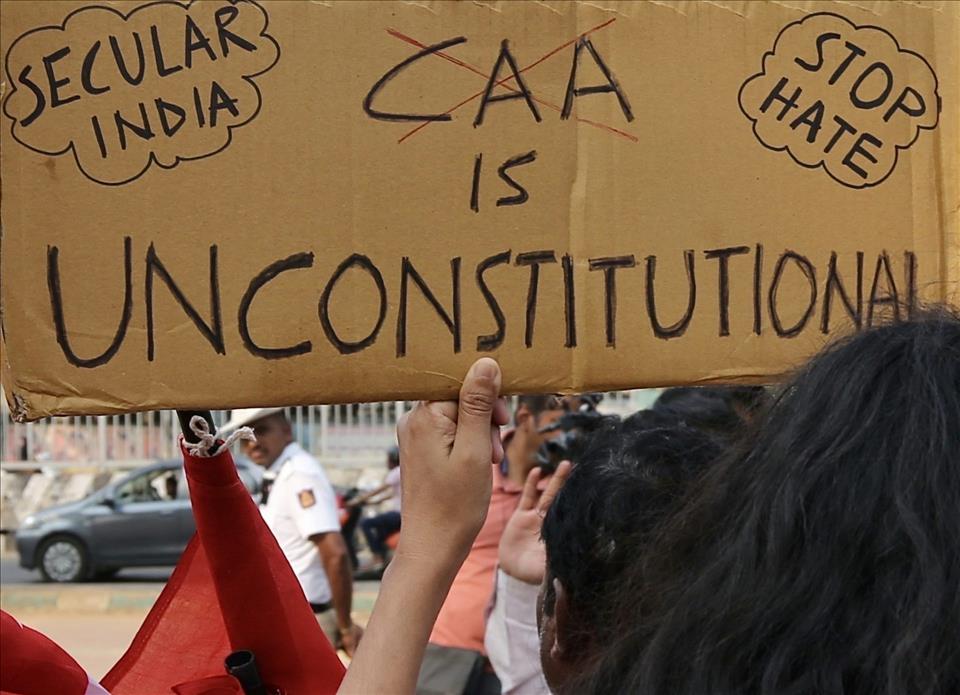
Moments Of Hope: How Indians Keep Pushing Back Against The Hollowing Out Of Democracy
Critics of Modi and his Bharatiya Janata Party (BJP) warn that India's democracy has been hollowed out during his premiership , including through its treatment of religious minorities, most notably Muslims, the targeting of political adversaries, and by pushing through laws with little debate in the Lok Sabha, India's parliament.
Thousands of Indians have taken to the streets to protest against Modi's policies. And for Indrajit Roy, professor of global development at the University of York in the UK, this pushback by Indians against threats to their democracy is an example of an audacious type of hope. He talks to The Conversation Weekly podcast about what it means to be living in hope, and where he sees examples of that in India.
For Roy, to live in hope shouldn't be conflated with aspiration, or with a search for a form of political utopia.
In a new book called Audacious Hope: an archive of how democracy is being saved in India , Roy charts the ways various Indians have fought back against threats to democracy.
One prominent example were the countrywide protests against the Citizenship Amendment Act in 2019. This law, passed in haste in the Indian parliament, gives a fast-track route for citizenship for religious minorities from India's Muslim-majority neighbours Pakistan, Bangladesh and Afghanistan.
While six religions are included, Muslims are not. For Roy, the protests against the law from across Indian society were a good example of audacious hope.
The protests – and the implementation of the law – were interrupted by the COVID pandemic. But in March 2024, just a few weeks before the election, Modi's government enacted the law and new protests sprung up .
Listen to more reflections on hope and politics in India in Roy's interview with The Conversation Weekly podcast.
A transcript of this episode will be available shortly.
This episode of The Conversation Weekly was written by Gemma Ware and produced by Mend Mariwany and Katie Flood. Sound design was by Eloise Stevens, and our theme music is by Neeta Sarl. Stephen Khan is our global executive editor and Soraya Nandy does our transcripts.
_Newsclips in this episode from NBC News , France 24 English , B B C News , DW , CNN News , The Telegraph , Al Jazeera English and the song Wapas Jao by Poojan Sahil .
You can find us on Instagram at theconversationdotcom or via email . You can also subscribe to The Conversation's free daily email here .
Listen to The Conversation Weekly via any of the apps listed above, download it directly via our RSS feed or find out how else to listen here .

Legal Disclaimer:
MENAFN provides the
information “as is” without warranty of any kind. We do not accept
any responsibility or liability for the accuracy, content, images,
videos, licenses, completeness, legality, or reliability of the information
contained in this article. If you have any complaints or copyright
issues related to this article, kindly contact the provider above.


















Comments
No comment